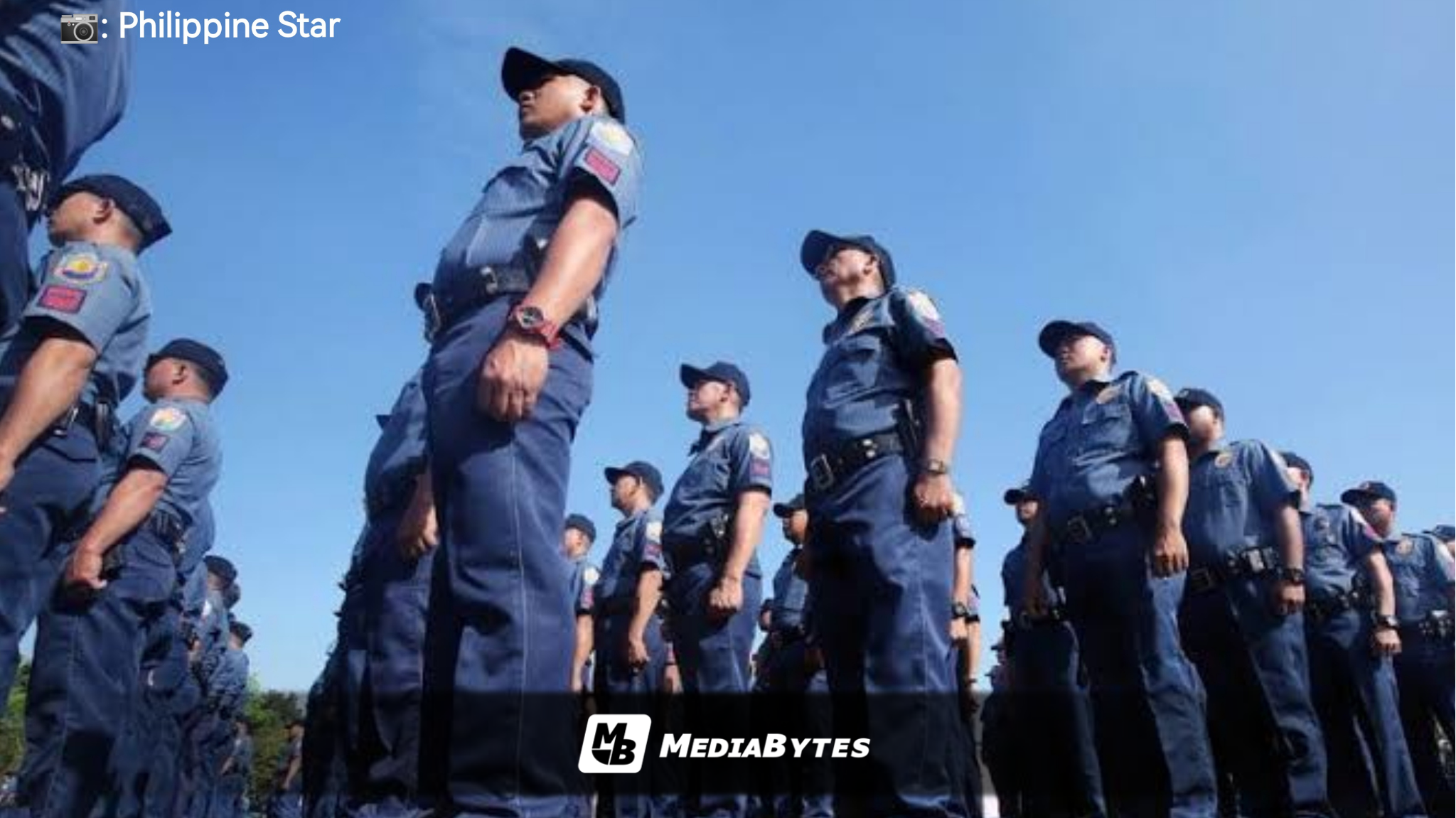
As President Ferdinand Marcos Jr. marks his third year in office, the peace and order situation in the Philippines remains a mixed picture of progress, persistent challenges, and shifting security priorities.
🚨 CRIME RATES: A DROP IN NUMBERS, BUT A RISE IN FEAR?
The Philippine National Police (PNP) reported a decline in total crime volume, especially index crimes such as theft, homicide, and robbery. Authorities credit intensified patrol operations, community engagement, and technology-driven policing.
However, several high-profile killings—including attacks on journalists, politicians, and judges—have stirred public concern about impunity and selective justice.
Gun violence and politically motivated attacks have prompted calls for tighter regulation and better protection for vulnerable sectors.
Urban areas still report persistent concerns about drug-related crime, though at lower rates compared to the previous administration.
🚔 DRUG WAR SHIFT: FROM ‘TOKHANG’ TO REHABILITATION
Unlike his predecessor, Marcos Jr. distanced his administration from a violent “war on drugs” approach.
The Department of the Interior and Local Government (DILG) launched the “Buhay Ingatan, Droga’y Ayawan” (BIDA) program, focusing on community rehabilitation, prevention, and demand reduction.
PNP reported fewer fatal encounters in anti-drug operations, while continuing major drug seizures.
Human rights groups welcomed the shift but warned that justice for past abuses remains elusive, with only a handful of cases reaching conviction.
🕊️ INSURGENCY AND REBEL TALKS: ENDGAME OR PAUSE?
Efforts to end the long-running communist insurgency saw continued military gains, particularly in Mindanao and remote provinces:
The government claimed that the New People’s Army (NPA) is at its “lowest point,” with major guerrilla fronts dismantled.
The National Task Force to End Local Communist Armed Conflict (NTF-ELCAC) continued its controversial campaign, blending development aid with counter-insurgency.
Talks with leftist and Moro groups resurfaced. In 2023, the government and communist rebels announced renewed peace negotiations, a hopeful turn after years of failed talks.
🛡️ TERROR THREATS AND REGIONAL SECURITY
The Armed Forces of the Philippines (AFP) reported a decline in terrorist incidents, thanks to stronger intelligence work and international cooperation.
Marcos Jr. also prioritized maritime security, especially in the West Philippine Sea, increasing joint patrols and modernizing defense assets amid China’s aggression.
⚖️ JUSTICE AND HUMAN RIGHTS: STILL A LINGERING DEBATE
While the administration has pledged a “rules-based” approach, human rights advocates point out:
- Slow investigations into alleged extrajudicial killings
- Minimal progress on police accountability
- Continued red-tagging of activists and journalists
Meanwhile, the government has submitted a UN Universal Periodic Review update, reaffirming commitment to rule of law—but global and domestic watchdogs remain skeptical.
President Marcos Jr.’s peace and order legacy so far reflects a more tempered and strategic approach compared to the Duterte years. With less bloodshed, more dialogue, and a shift to rehabilitation and prevention, the change in tone is clear. But for many communities, true peace remains fragile, and justice continues to lag behind.



